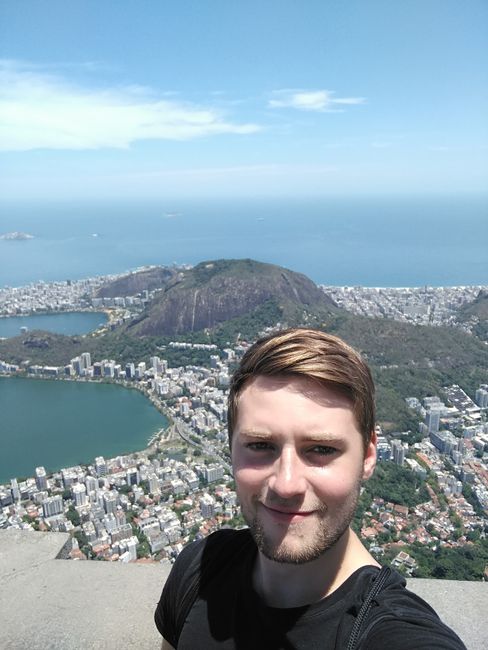Botswana and Zimbabwe
MIVOAKA: 16.10.2017
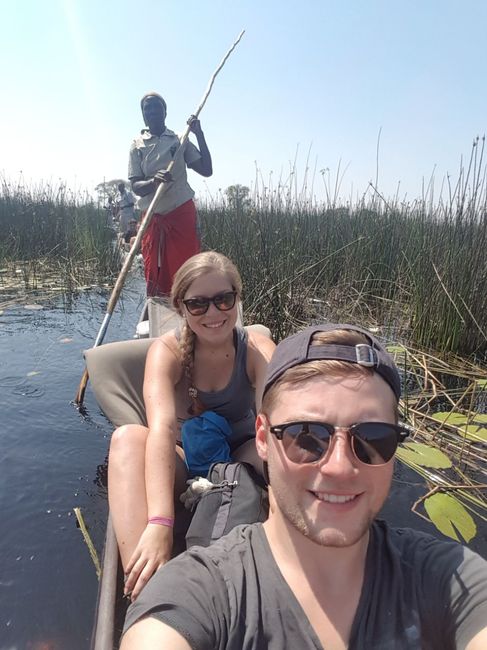
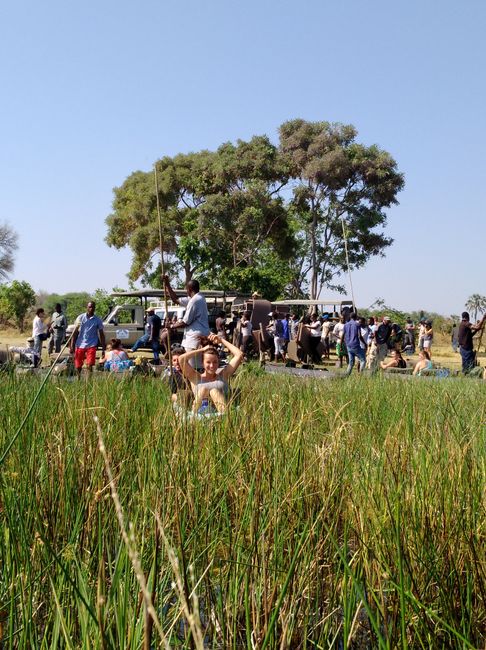
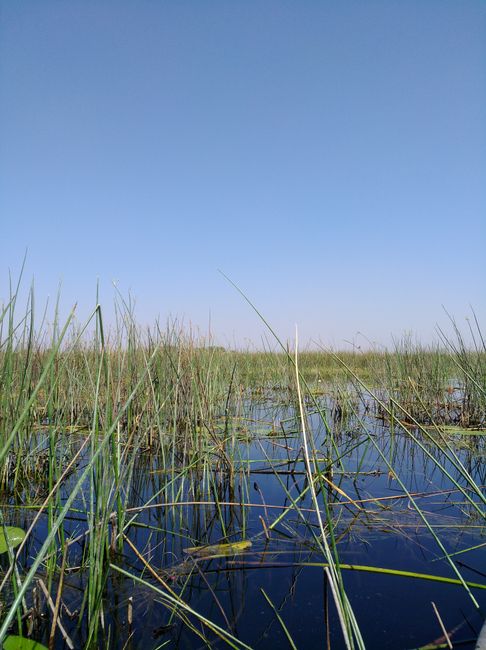
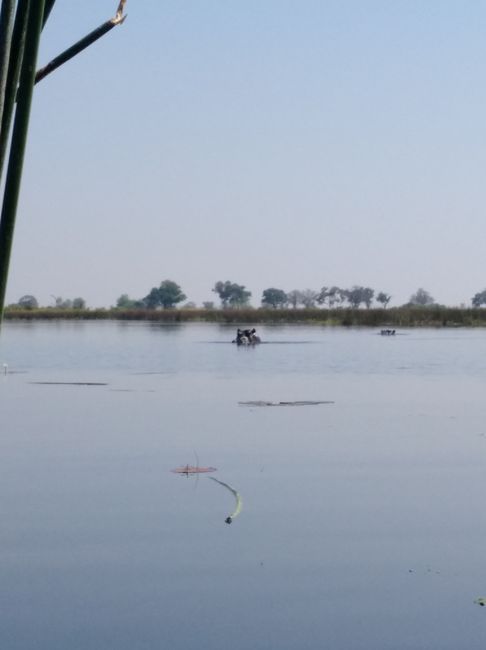
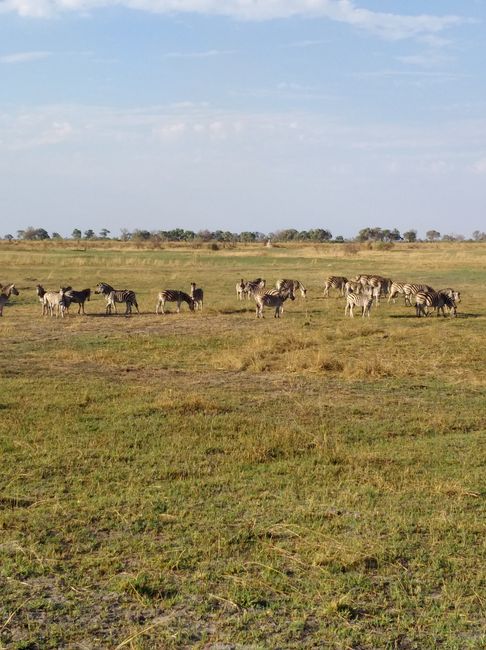
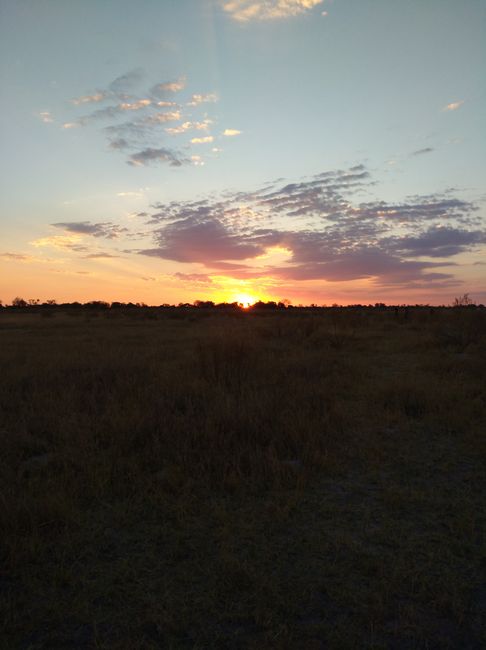
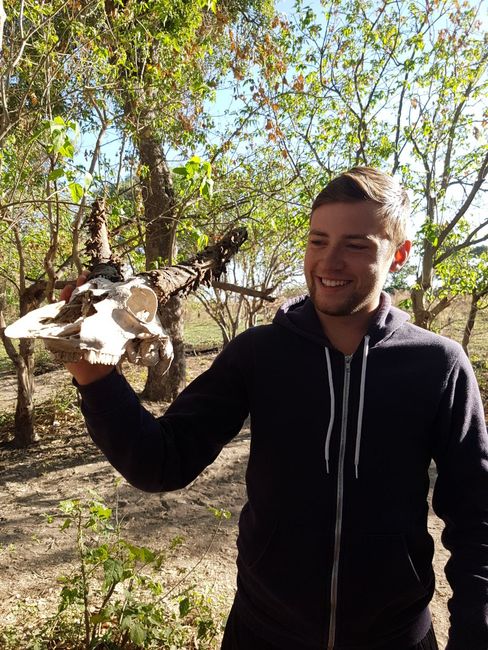
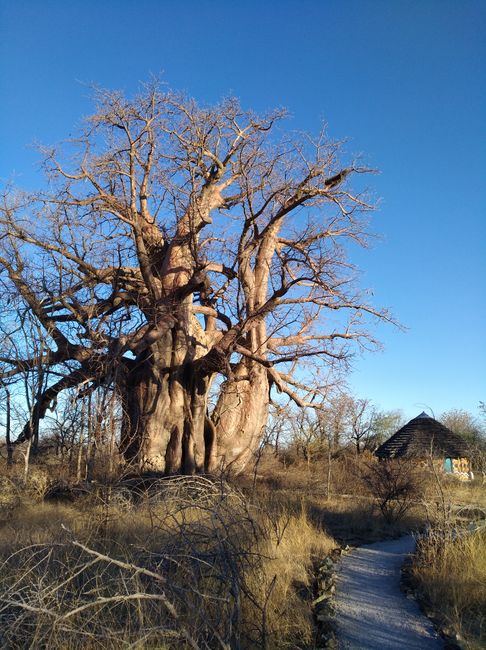
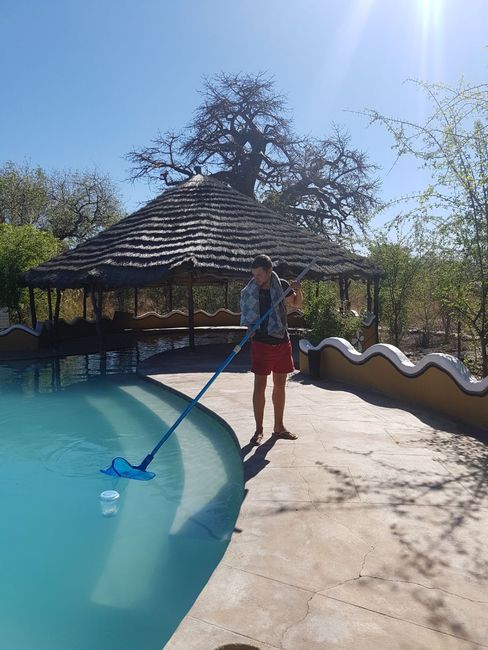
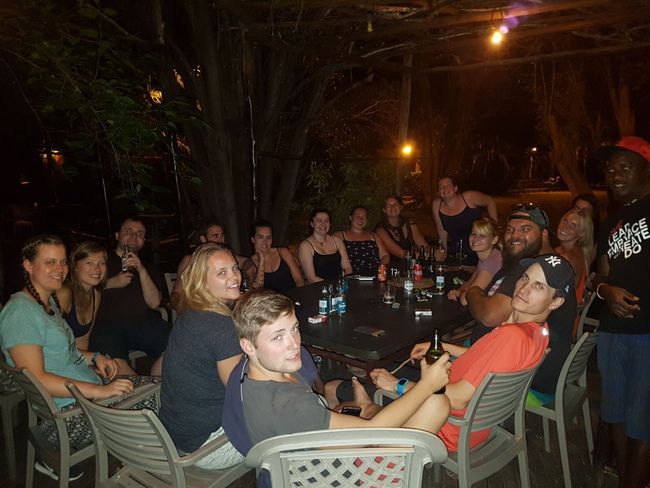
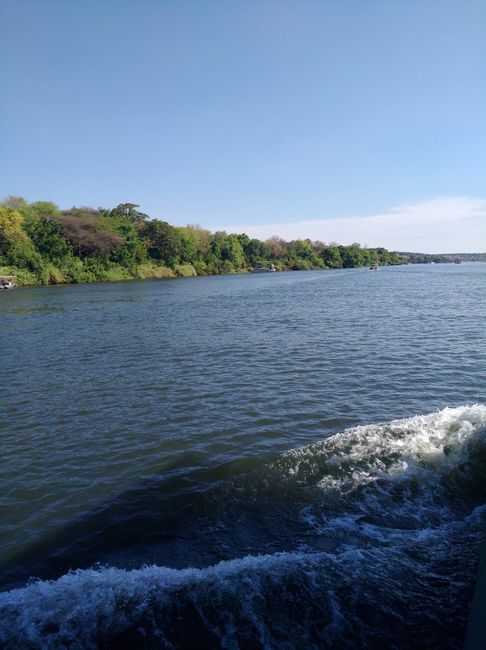
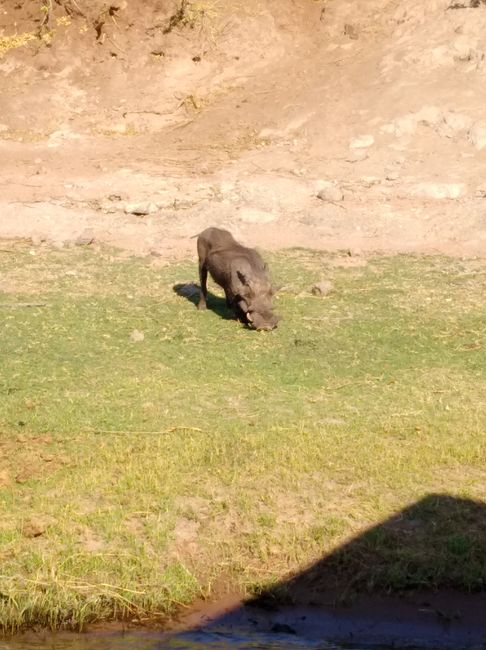
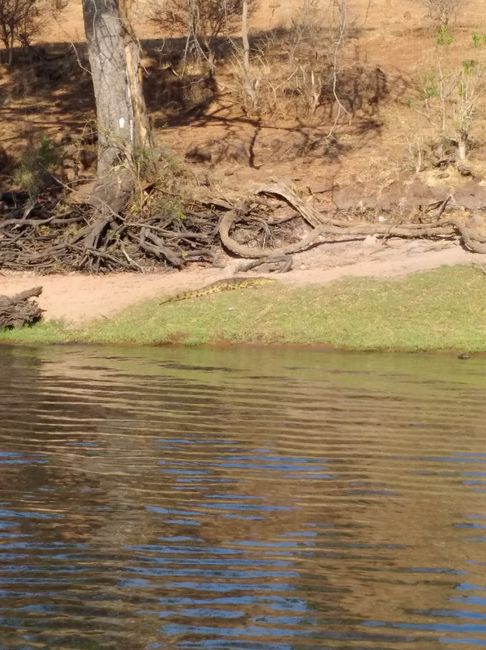
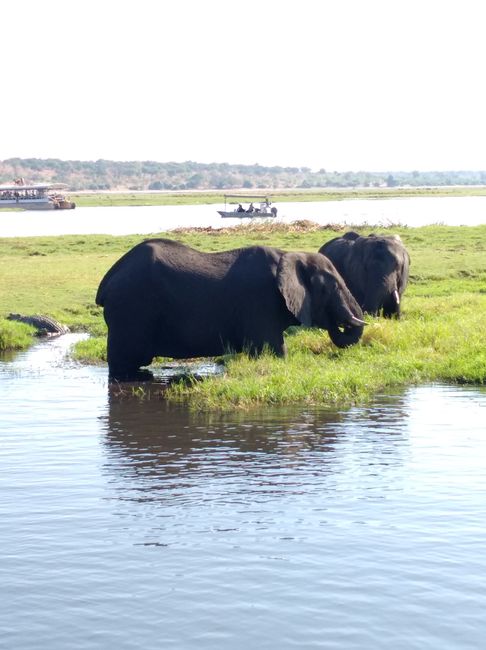
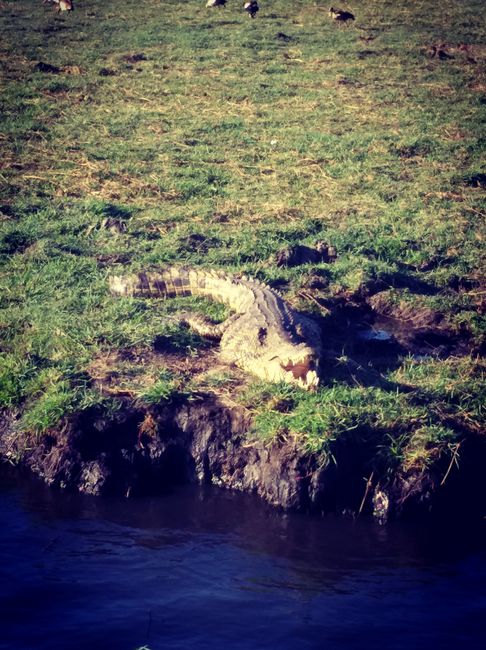
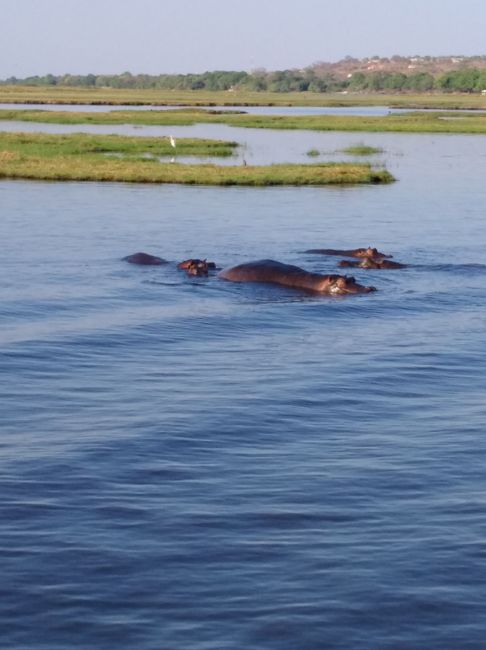
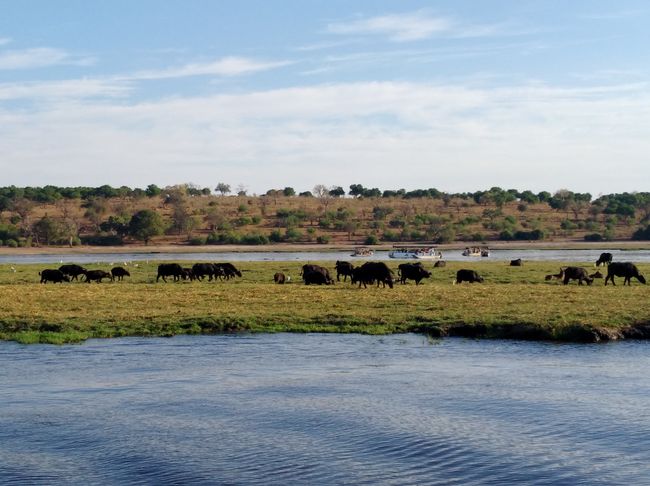
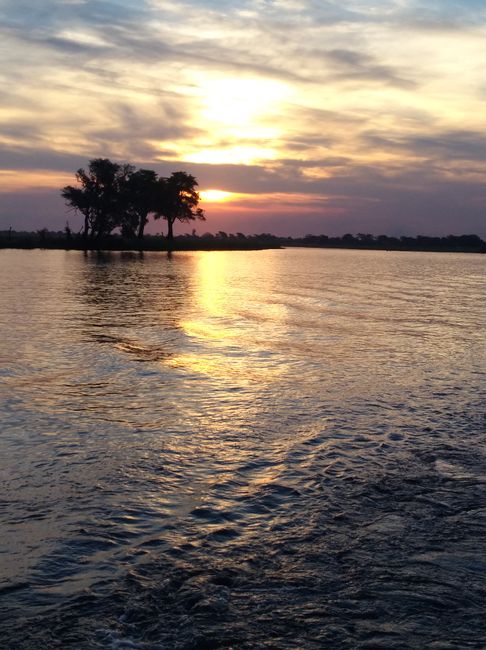
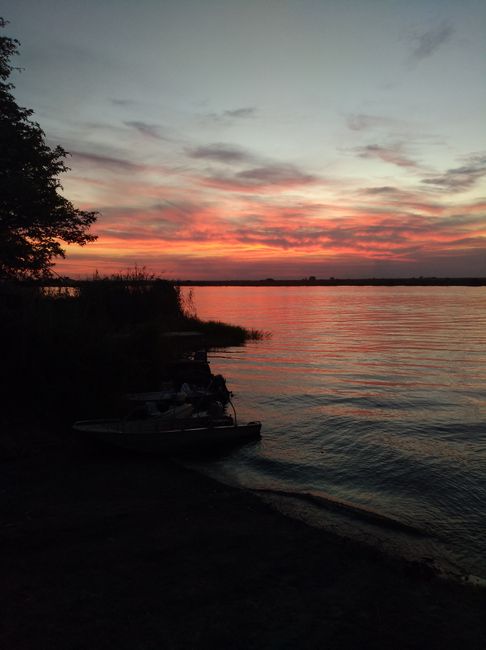
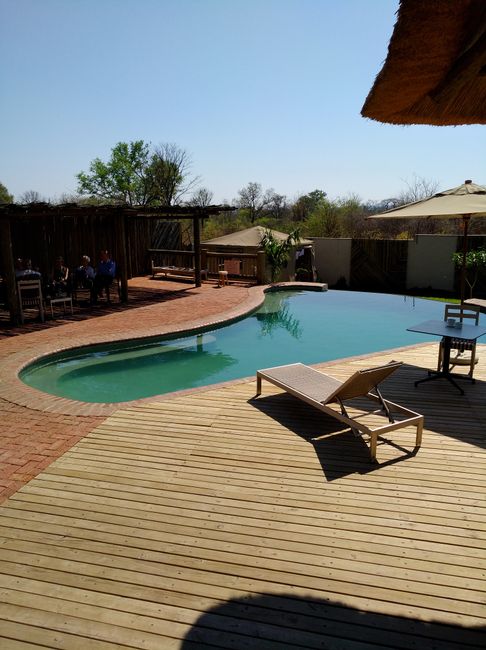
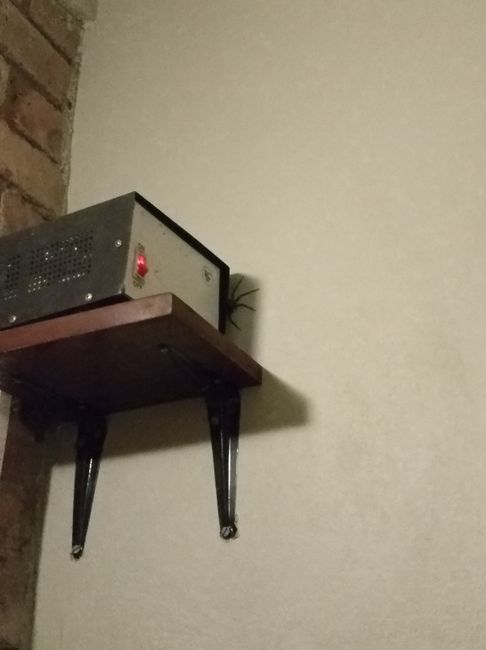
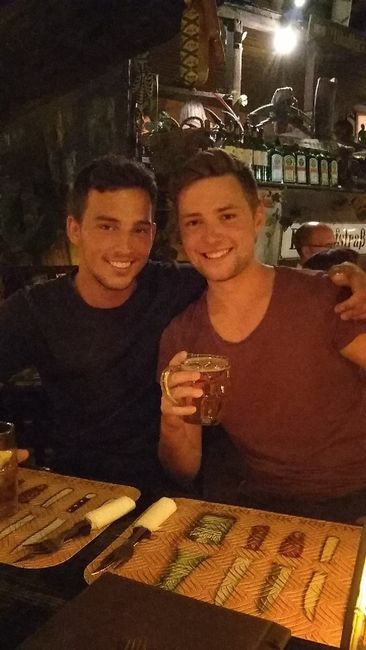
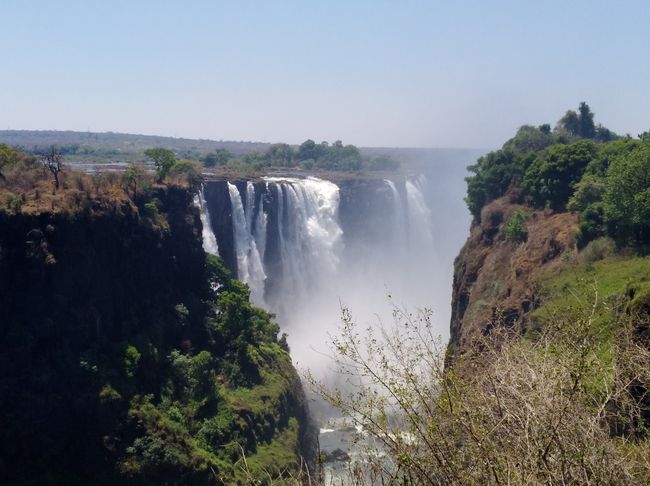
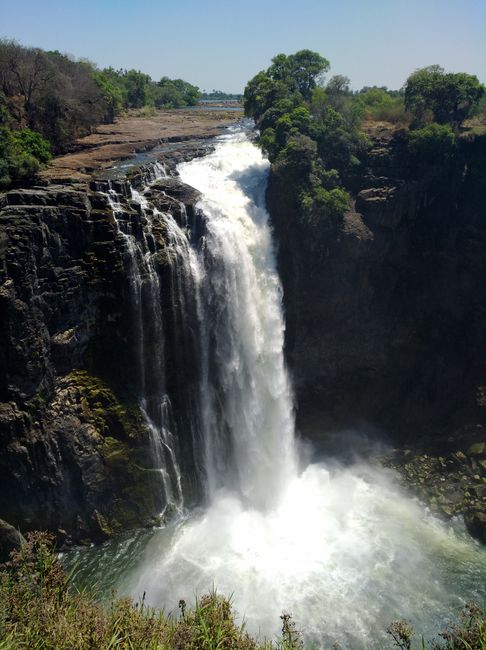
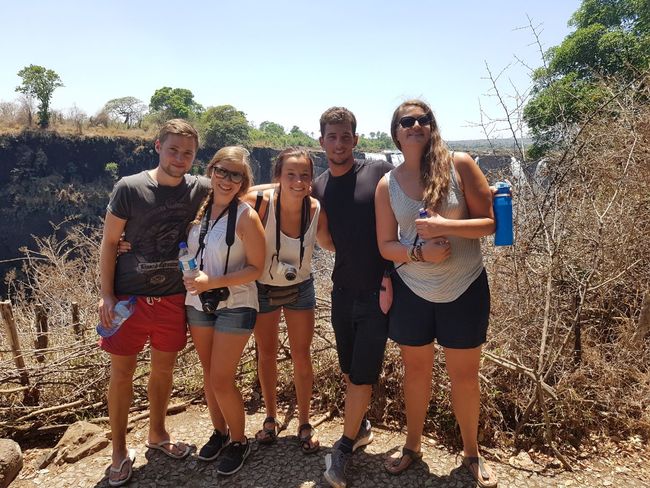
Misoratra anarana amin'ny Newsletter
After leaving the national park, we headed towards Windhoek, Namibia's capital, and for the first time since we left South Africa, we were back on paved roads for a longer period of time. While South Africa's road network is relatively well-developed and maintained, Namibia's roads are more like an African Massage.
In Windhoek, we stayed at a really nice lodge with luxurious tents, which even had real beds. It was the first time in a while that we didn't have to set up our own tents.
Since the staff at the lodge told us that the area was not really safe, I decided to spend the afternoon by the pool. In the evening, we all went to Joe's Beerhouse for dinner and drinks. It seems to be the hotspot for tourists from all over the world, as the combination of restaurant and bar was packed.
The next day, we had to say goodbye to four of our fellow travelers. They were replaced by three new people, which meant that I was promoted to the packing team. Finally, I was a real man whose task was to work hard every day. Cooking and doing the dishes were tasks that I preferred to leave to others. Two girls and a boy joined our multicultural travel group, all of German origin.
We continued over the border into Botswana, where, contrary to the claims of the Foreign Office, we did not have to pay $30 in tourist taxes until we reached the capital of the Kalahari - Ghanzi.
The flag of Botswana is light blue at the top and bottom and symbolizes both the sky and the rain. It is crossed by a horizontally white-bordered black stripe, which stands for harmony between black and white people, as well as the zebras. By the way, if you've ever wondered whether zebras are black with white stripes or white with black stripes, let me tell you that zebras are born completely black and only develop white stripes over time.
Since I didn't feel like spending $30 on a bushwalk and dance show in Ghanzi, I stayed at the campsite and read a bit. Today we were going to spend the night in the bush for the first time, and you could feel it as soon as it got dark. Suddenly, the whole insect world came alive and there were more insects per square meter than in the entire city of Hamburg. I also involuntarily discovered one of the famous camel spiders there. These spiders, which are a mixture of scorpion and spider and can grow up to 10 cm in size, gained their fame from the Iraq War in 2003.
American soldiers posted a photo of an apparently gigantic Iraqi spider on the internet and described their experiences with the animals. They said that the spiders ran through the desert at a speed of 25 kilometers per hour and made alarming sounds. They would jump on camels, inject them with a sedative venom, and then eat them. They also warned on the web that the spiders would crawl into sleeping bags to do the same to sleeping soldiers. The animals were called camel spiders.
It may be that these stories were exaggerated, but I didn't want to see any more of those spiders.
The next day we went to Maun, where the most exciting thing was the oversized swimming pool. Because the real attraction of Maun was waiting for us the next day - the Okavango Delta, which covers an area of up to 16,000 square kilometers. Early in the morning, we took a safari jeep to the delta, where we were driven by locals in canary-like mokoros for an hour and a half through the delta to our modest campsite. Most of the time, we passed through flat, plant and reed-covered water, but at one point we had to cross open water where a herd of hippos greeted us. They didn't seem very pleased with our presence, and when a one and a half ton monster dives underwater and resurfaces just in front of you with its mouth wide open, you can get a little nervous. The locals handled the situation skillfully, turned around, and we found a new route. At least, that's what I assumed, because our guide didn't speak a word of English except for 'I safe your life'.
In the afternoon, when the sun was not as hot, we went on a game drive in the accessible delta with one of the locals in small groups. We came across a cow, a herd of zebras, warthogs, elephants, antelopes, and enjoyed a beautiful sunset in nature. The evening was short, we cooked our dinner with river water and had some beers with the locals before they started dancing. Since we had to do without running water and electricity all day, there wasn't much to do in the dark except sit by the campfire or look at the stars. With such a clear sky, I could even see Mars, Saturn, and the Milky Way before going to bed.
Then we headed towards Gweta, where we slept under giant baobab trees and enjoyed an Olympic-sized swimming pool.
In Kasane, we stayed at the Chobe River and I decided to take a boat cruise. With our boat driver Justice from Botswana, we spent a good three hours on the Chobe River and were able to observe numerous crocodiles, hippos, elephants, and buffaloes up close. And once again, we witnessed a breathtaking sunset. When we returned to the campsite, the most exciting thing happened late at night while I was already asleep. Hyenas were apparently lurking around our tents. Unfortunately, I didn't notice anything because I was enjoying one of my two or three-hour sleep phases.
Now it was also time to say goodbye to Botswana and make the final border crossing in Africa. It was also the most strenuous one, as it took over two hours to cross the border into Zimbabwe. This could be due to the extremely long queue or the fact that the border officials felt the need to flirt with almost every girl. After receiving the Zimbabwean visa and paying the $30 visa fee, the next and final stop was Victoria Falls, not far from the border.
We stayed at a beautiful lodge with an infinity pool and a nicely furnished lounge, as well as countless activities that would exceed any budget. For example, a visit to the famous Devil's Pool on the edge of Victoria Falls would cost more than $200.
I decided to go white water rafting on the Zambezi River with five others from our group. On this tour, we had to navigate a total of 19 rapids, six of which were classified as level 5. Many of them had names like 'Stairway to Heaven', 'Devil's Toilet Bowl', or 'The Terminator'. However, we had to skip rapid 9, 'Commercial Suicide', as it is a level 6 rapid and cannot be navigated. At the end of the tour, we had to overcome the difficult and exhausting climb out of the canyon, but once we reached the top, cold refreshments and lunch were waiting for us.
On the last day together, I went to see the famous Victoria Falls. The first European to lay eyes on the falls was the Scottish missionary David Livingstone. He called the falls the most beautiful thing he had ever seen and named them Victoria Falls in honor of Queen Victoria of Britain.
In the evening, we had our final dinner together and then, unfortunately, went out to party in the city in a small group.
On Saturday, it was time to say goodbye to everyone else I had traveled through Africa with for three weeks, covering almost 5400 km. It was also the end of the 'Flat tire and no aircon tour' through Africa. Saying goodbye is always hard, but I can look back on three fantastic weeks and have met wonderful people. I would also like to thank our two tour guides, cooks, and drivers Auther and Wolfie/Anton, who accompanied us during the three weeks.
On Sunday, I continued to Johannesburg, where I spent a night near the airport before heading to Brazil. When the wifi was turned off around 8 p.m., I suddenly felt the loneliness after three weeks of group travel, and this was the hardest evening of my month so far away from home.
Misoratra anarana amin'ny Newsletter
Valio (1)
Thomas
ich wiederhole mich gern, einfach sehr schön zu lesen und Deine Begabung besteht darin, das Du spannende Informationen teilst und das auf eine wunderbar emotionale Art. Ich kann fast sehen, wie Du Dich durch Afrika bewegst. 
